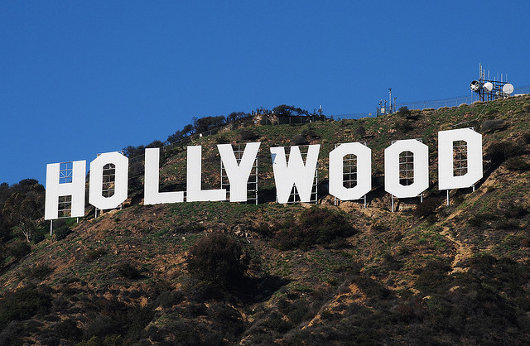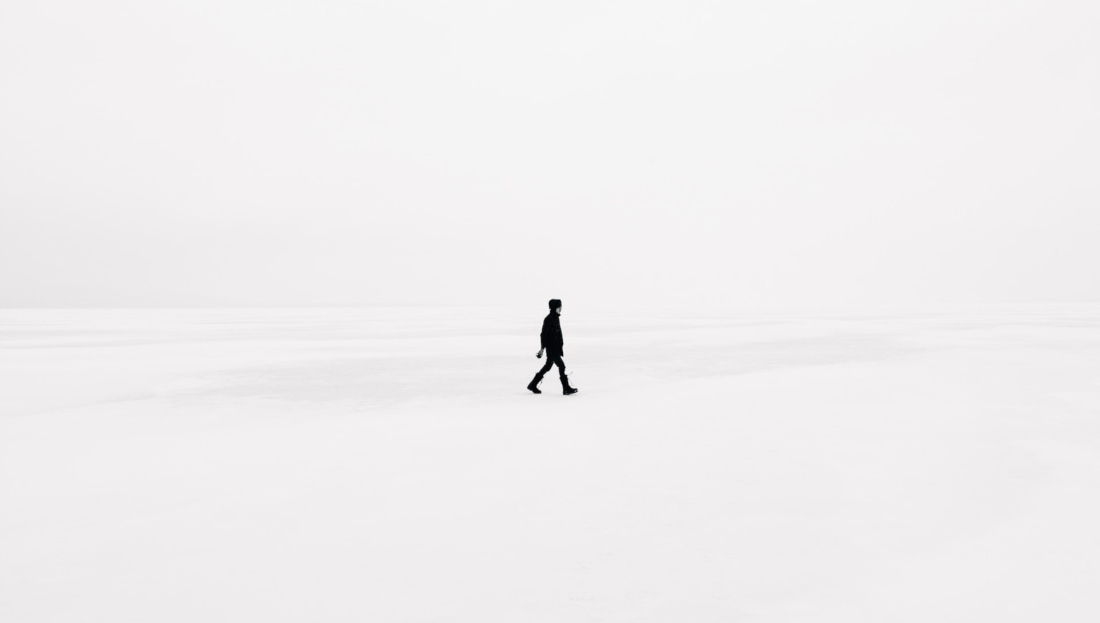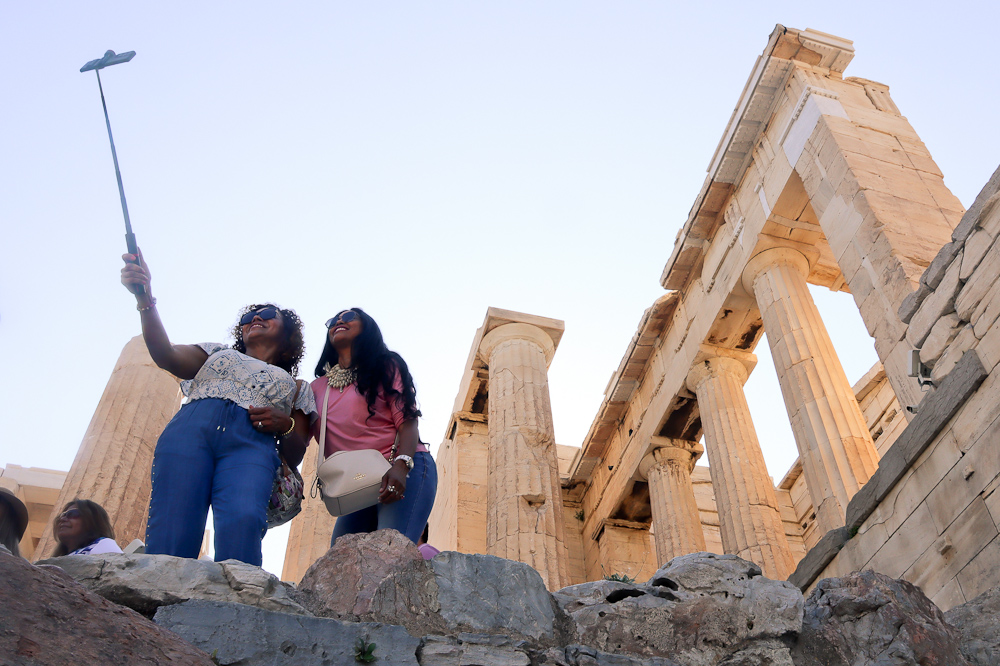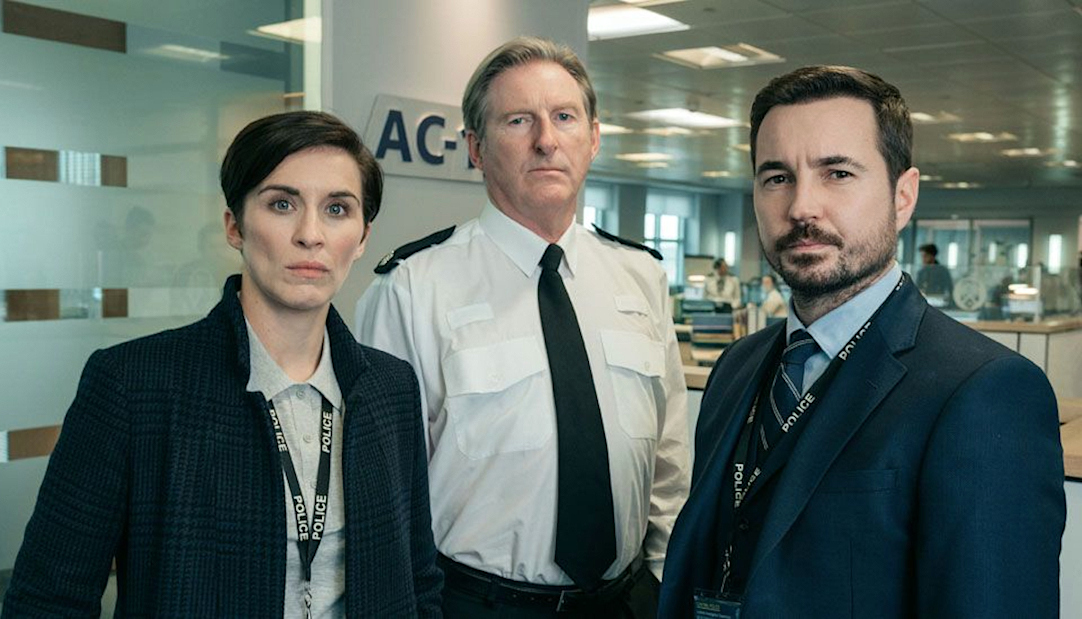Hollywood’s Hidden Christian Past
Picture credit
We know Hollywood today as a place of glitz, glamour and fame. But that’s not how it started. When Harvey and Daeida Wilcox bought 160 acres of Californian valley in 1885 their vision was to create nothing less than a Christian utopia. Modern Hollywood is a far different place, but I believe a thread exists between its present and its past. That was my topic on BBC Radio 2’s Pause for Thought segment this morning, with host Penny Smith.
Click To Listen
Podcast: Subscribe in iTunes | Right-click to download | Listen to Other Episodes
Pause for Thought August 6, 2014
We’re talking about Events that Changed the World on Pause for Thought this week, and to my mind one of the events that has profoundly changed the way we live, hope, dream and relate, is the creation of Hollywood. And it has a most unexpected history.
The story goes like this: long before it had studios, boulevards and stars on pavements, Hollywood was a valley of fruit trees. In 1885 Daeida Wilcox convinced her husband Harvey to buy 160 acres of this valley and turn it into a town. But this wouldn’t be any old town. Daeida’s dream for Hollywood was that it be nothing less than a Christian utopia—a place free of alcohol, guns, speeding, and those soul-corrupting amusements, bowling alleys. Daeida wasn’t as strict as we might think, though. She donated land for the first public library, city hall and post office. She funded schools and business centres, and sponsored artists. Hollywood was to be a place of morality, beauty and culture.
Well, like all earthly utopias, the dream didn’t last long. Despite her wishes, saloons began opening, and the booming 1920s brought both success and vice to Hollywood. But it was the friendliness of that young community that caused a filmmaker named DW Griffith to make a movie there in 1910—and from that seed grew the biggest movie industry in history.
From Christian utopia to a place of fame and glamour—we can only imagine what Daeida Wilcox would make of Hollywood today. But I see a thread between its past and present.
Modern Hollywood is largely cynical about utopias. (Think of The Truman Show, where the utopian suburb of Fairhaven USA turns out to be fake, or The Stepford Wives where utopian lives are a sham.) But that doesn’t stop Hollywood excelling in its own little version of the utopian dream—the happy ending. Truman opens the door and finds his freedom. Luke destroys the Death Star and saves the galaxy. Bridget gets her man. Nemo is found! We all know real life isn’t so neat, but we lap up the happy ending because it’s what each of us longs for—a world where pain is gone, relationships work, justice is done, and life is good.
As Daeida Wilcox found, a utopian society is hard to make. As modern Hollywood shows, that doesn’t stop our hunger for it. As a Christian, I believe our longing for utopia will one day be fulfilled by divine action—the world will be made right. And until then, each happy ending we see can be a reminder that a new world is on its way.
More: Hollywood’s history, Daeida Wilcox, the ‘mother of Hollywood’
***
Subscription Links
Subscribe to More Than This and never miss an episode.
![]() Subscribe on your iPad or smartphone
Subscribe on your iPad or smartphone
Your Feedback
Want to respond to this podcast? Leave a comment now or call me using the ‘Send Voicemail’ button. Please also rate and share this podcast on iTunes to help others discover it. Thanks!






Bev Murrill
Gosh, that’s so interesting… and tough, too. The vision was corrupted in the most ugly way… how totally different from what she had in mind.
Sheridan Voysey
A very different reality now indeed
Heartyfisher
And yet her faith still echos for the world in ways she could never have dreamed possible.